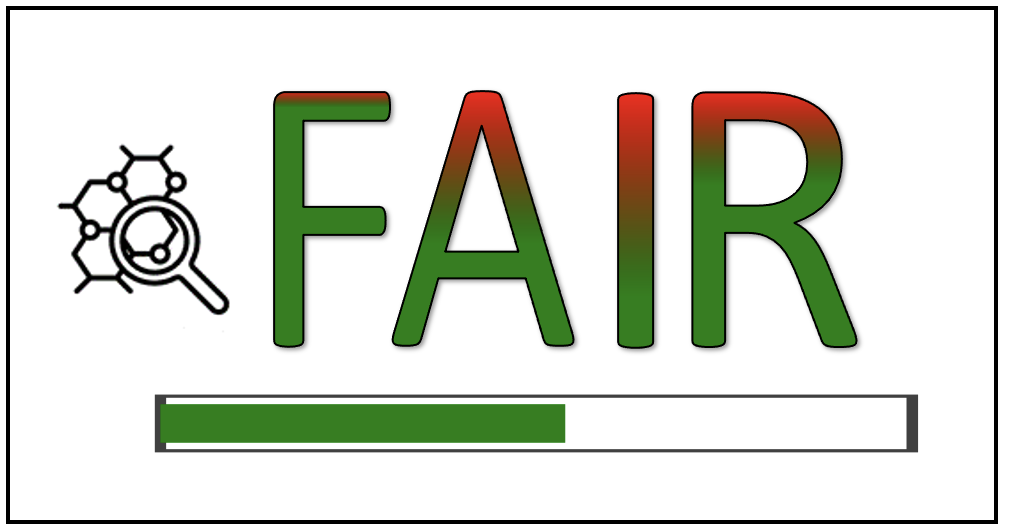The development of next generation sequence technology has led to rapid advances in microbiome study. The Sydney Brenner Institute for Molecular Bioscience with support from the Pan-African Bioinformatics Network for H3Africa will be offering a short-course on the bioinformatics of analysing the microbiome. The course will give an overview of conducting a microbiome study, present some of the most important techniques, and will include some hands-on use of some the key tools. The course will cover analysis both using both 16S RNA gene sequences and shotgun sequencing
The workshop is aimed at individuals of research groups within the University of the Witwatersrand and associated Institutions, AWI-Gen and H3Africa members that will be working on analysing microbiome data
- Participants will gain an overview of conducting a microbiome study
- Sample collection and DNA extraction
- Taxonomic approaches and diversity
- Analysing 16S rRNA data
- Assembly of metagenomic data
- Gene prediction and functional annotation
- Key microbiome databases and tools
Classroom applications
Participant applications
Syllabus and Tools
A working knowledge of the Linux command line. An introductory workshop on Linux will be provided on the 27th of March. To apply to attend this, please visit: http://www.bioinf.wits.ac.za/courses/linux17
Participants are also encouraged to go over some of the following resources to enable them to gain the most from the workshop:
http://www.ee.surrey.ac.uk/Teaching/Unix/
http://ryanstutorials.net/linuxtutorial/commandline.php
http://www.h3abionet.org/tools-and-resources/sops/16s-rrna-diversity-analysis
http://qiime.org/tutorials/
https://www.youtube.com/watch?v=pOV_tuZqzso&t=187s
https://joey711.github.io/phyloseq/import-data.html
http://research.computing.yale.edu/support/hpc/user-guide/submitting-jobs-using-torque
This workshop will provide a foundation for continued learning in the bioinformatics handling of microbiome data, approaches to microbiome taxonomic and diversity analyses identification and associated tools and databases. This workshop will not make one an expert on the study design and analyses of microbiome data as it is an introductory workshop.
Training materials for this course are available as a single downloadable archive here: https://doi.org/10.25375/uct.19129943. Should you re-use any of these materials, please ensure that both the author/s of the material AND H3ABioNet are clearly credited.





